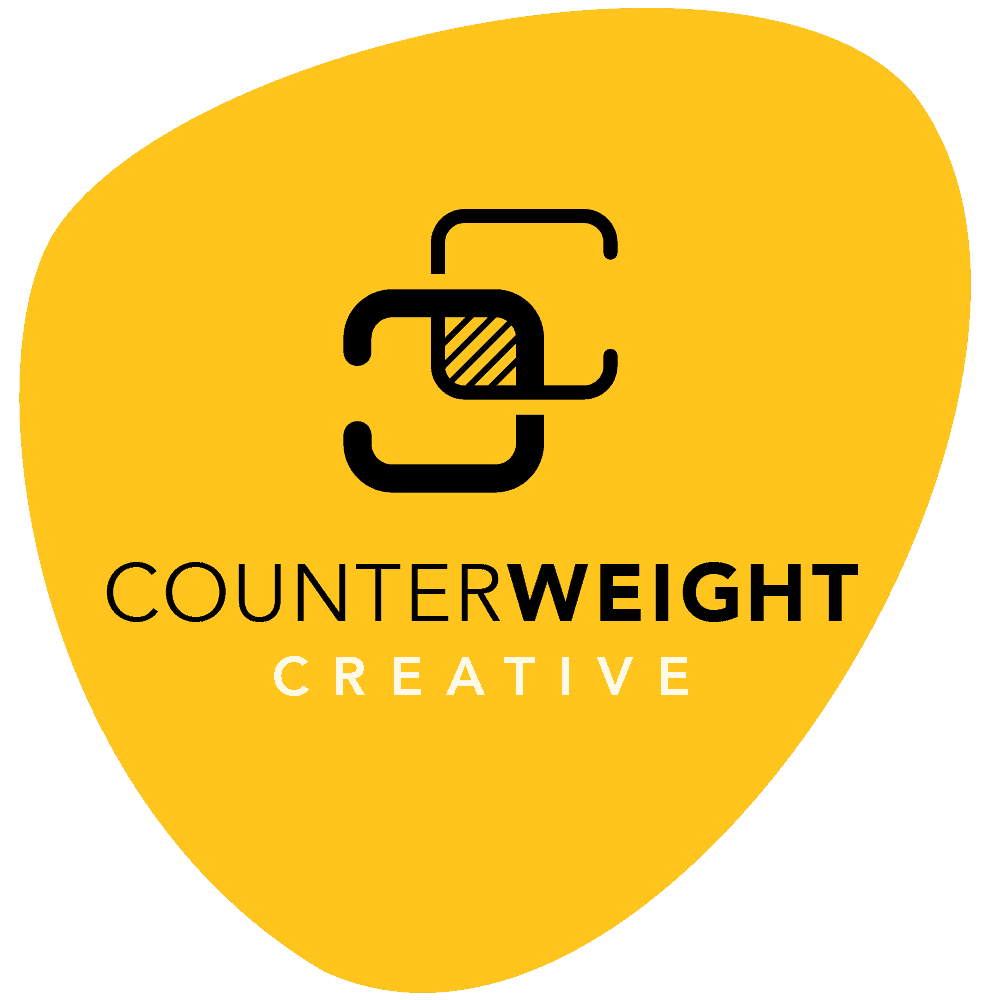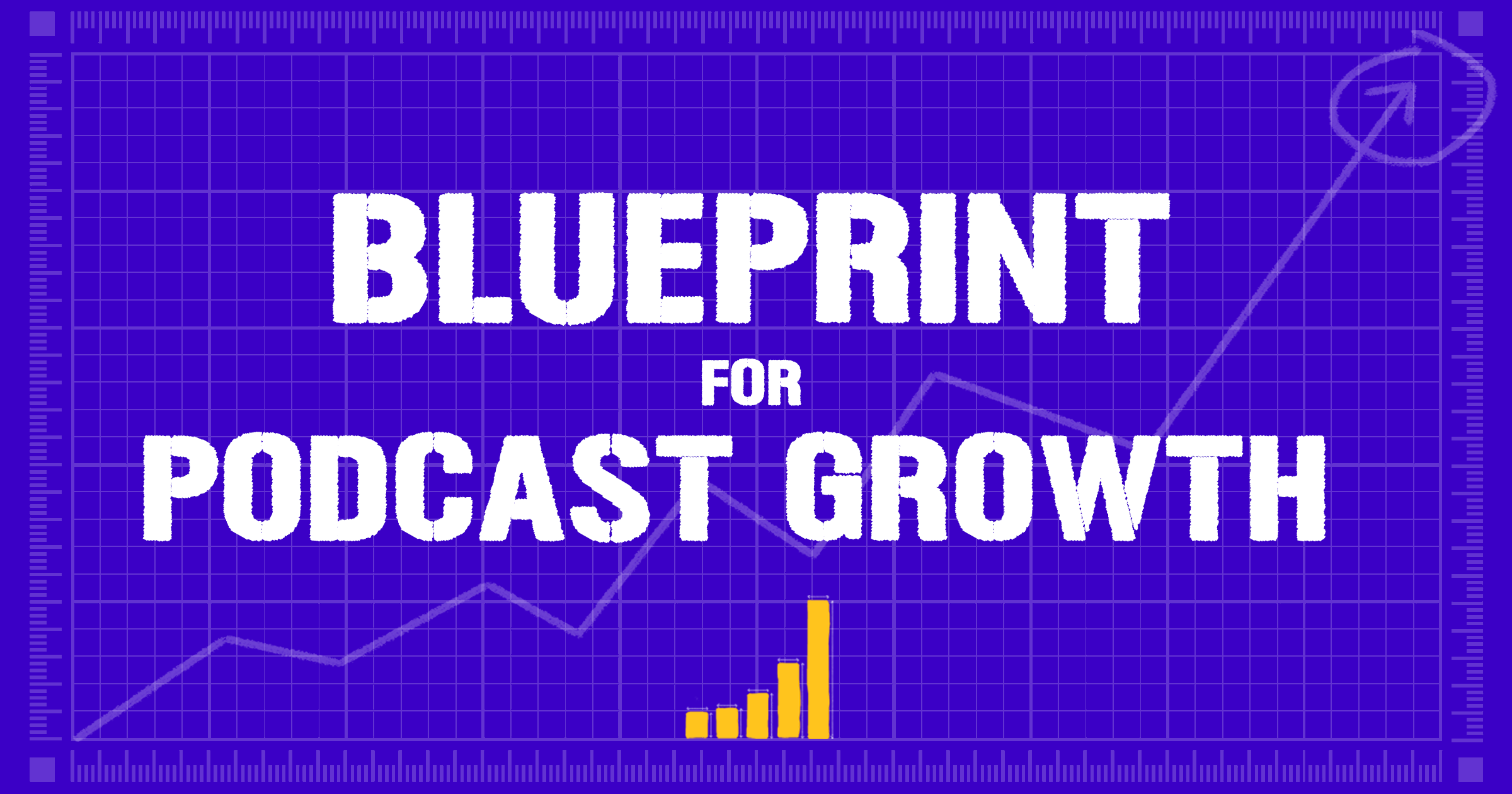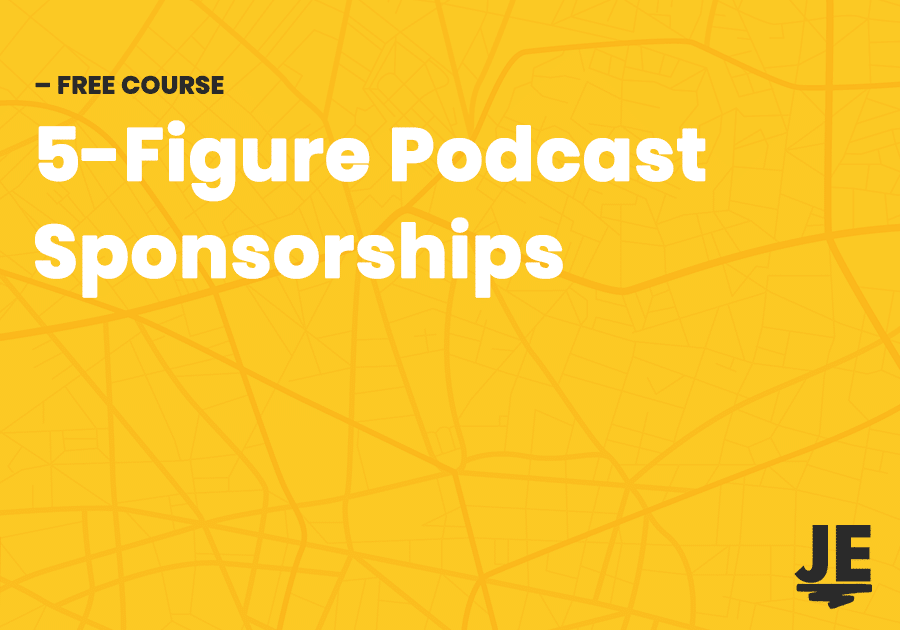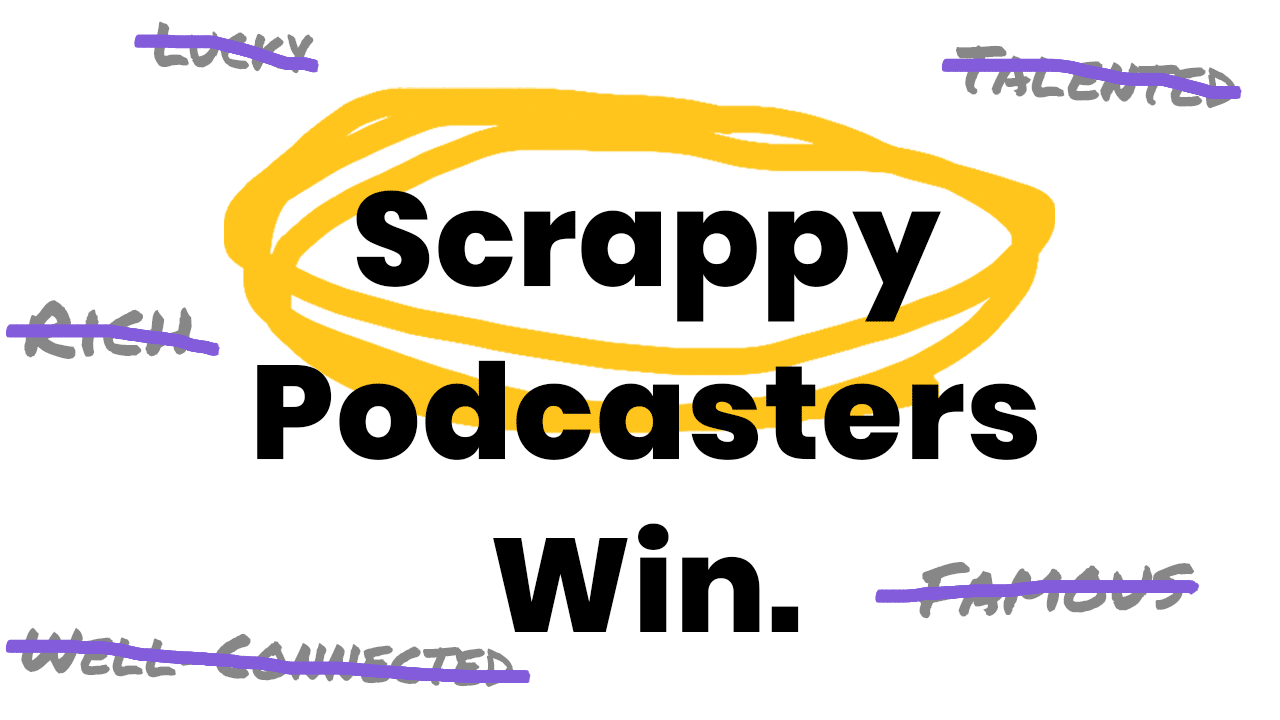There are a number of factors you need to consider when making the move to monetize your podcast.
First, and most importantly you need a compelling offer, something that your ideal listeners will line up for at the mere mention of.
Of course, finding out what that offer is and creating it is a journey in itself. But even once you’ve landed on an offer that fits the bill, you may not want to pitch it to your audience right away.
When it comes to making your first attempts at monetization, timing is a crucial factor in the ultimate success–and scale–of being able to generate income with your show.
The Danger of Monetizing Your Podcast Too Early
Of course, it’s only natural to want to start generating income as soon as possible, especially if your show is currently costing you money to produce.
Too often, however, I’ve seen podcasters rush to monetize too early, and as a result, seriously stunt both the growth of their shows, as well as their ability to further monetize further in the future.
If your audience is too small or disengaged, your product and service offers–even if the offers themselves are solid–can flop.
This can lead to a poor experience for people who do buy them (especially in offers where there’s a community element) which can lead to a lack of testimonials or even a negative reputation that spreads about your brand and the offer.
For example, I’ve talked with many podcasters who seriously regret launching Patreon accounts when their audiences were still small.
The common sentiment was that with only a few dozen members in the community and maybe $150 in monthly income, the host wasn’t motivated enough to actually put in the extra work to make the community worthwhile for members.
As a result, their communities stagnated and members dropped off one by one, often soured by the experience.
A failed product offer can also severely affect your confidence in the offer and you may not feel comfortable pitching it again in the future when your audience is larger and more engaged, even if the offer itself is solid.
Seeking Podcast Advertisers Too Early
When it comes to advertising and affiliate marketing, I’ve seen dozens of podcasters rush to bring on advertisers and make affiliate pitches both on their shows and on their websites, covering each of them with ads.
The resulting shows and websites often feel like spam, which can turn away listeners who otherwise might have been interested in the content.
The problem with rushing to get advertisers for your show is two-fold.
For one thing, you’re desperate, which puts you in a position of weakness compared to the advertiser, who has their choice of dozens, hundreds, or even thousands of similar shows to pick from.
With patience and a highly developed audience in place, you may have been able to command upwards of $500 per episode from an advertiser.
When you’re looking for anything you can get, you may be willing to settle for $100. Or $50. Or less.
The second problem with seeking out advertisers early on is that you’re likely to be less selective with which advertisers you actually partner with.
A single poor-fitting advertiser can seriously turn off your audience. A string of them has the ability to decimate your audience completely.
A poor fit also hurts the advertiser as they’re unlikely to see an ROI on their investment. This makes it unlikely that they’ll come back to extend their initial ad run.
When to Monetize Your Podcast
I’m a big believer that the size of your audience is largely irrelevant when it comes to your ability to monetize.
I’ve seen shows with 500 regular listeners pull off consistent six-figure launches, and shows with 1000 regular listeners get $1000/ep ad placements.
Like Yoda says, “Size matters not.”
Rather than waiting until you’ve reached some generic audience size metric before you begin monetizing your show, I suggest looking at a combination of time, engagement, and your relationship with your listeners.
Time
If you’re bringing an existing audience that you’ve built on other platforms to your podcast you can ignore this qualification, but if you’re first starting out building your audience, time matters.
In most cases, I would suggest not attempting to monetize your show until you’ve been producing it consistently for at least a year.
Remember that podcasting is a long game built on compounding returns. The first year should be spent honing your show and growing & getting to know your audience.
That’s not to say you can’t be pitching them anything in the first year, but I would focus on free offers that lead back to your email list. When it does come time to monetize your show you’re going to focus on pitching through email as podcasts are not an effective sales channel.
Use this one-year benchmark as a general guideline, but depending on your relationship with your listeners and their engagement with you, that time frame could either be shortened or extended.
Audience Engagement & Relationship
While time definitely plays a factor in deciding on the right time to monetize your podcast, the big indicator is the engagement of your audience and your relationship with them.
The clearest signal of all that it’s time to start making paid offers to your listeners is that they’ll start asking you how they can chip in to support the work you’re doing.
This might sound far fetched when you’re first starting out, but it’s happened to me and dozens of content creators I know.
If you give generously enough for long enough, people will actively seek out ways to repay you.
While your listeners telling you they want to financially support you might be the most obvious signal that your relationship is strong enough to successfully monetize, it’s not the only one.
A steady stream of questions, comments, and back and forth dialogue over your social channels or email are good indicators that people are engaged with your content and want more of it–and–and at least a portion of them would be willing to pay for it.
Lastly, I would suggest that you shouldn’t attempt to monetize your show until you really, truly know what type of offer you can bring to them that would be valuable to them.
I’m a big fan of the process laid out in the book Ask by Ryan Levesque, but you can also put together a survey of your own to find out what your audience’s biggest struggles are and how you’re uniquely positioned to help them.
Without knowing this information, whatever offer you end up putting together is likely going to be less effective than it could have been.
Patience Pays
It takes real discipline to put your head down and put in the time and effort to get to know your audience and improve your show, all while keeping the podcast going on your own dime.
It takes even more discipline to turn down sponsors who approach you with offers that aren’t a great fit for your audience.
But this discipline will pay off in the long run.
Over the next 5–10 years a show with a highly developed and engaged audience has the potential to bring in hundreds of thousands (or even millions for many of our clients) of dollars if approached with patience and intention.
Sure, it might take longer to see the first dollar, but the upside is limitless.
Attempt to monetize at every turn on the other hand, with low value or even irrelevant offers and you might make your first dollar next month, but you’ll likely burn out and alienate your audience, severely capping any future returns.
Be patient, take the long view, be generous with your knowledge and insight, and when the time is right, the monetization will take care of itself.
Every Sunday I send out an exclusive article on how to use podcasting to build an audience and grow your business.
No opt-in, no freebie no bribe. But hopefully a new perspective, encouragement, and maybe even some occasional wisdom. It’s something I’m proud to create and I’d be honoured to share it with you.
- Why Wouldn’t They Just Google It? - March 14, 2021
- Before You Can Market Your Podcast, You Need To Create A Marketable Podcast - March 11, 2021
- Podcast Promotion & Marketing Are Different (Here’s How to Use Each Effectively) - March 10, 2021




